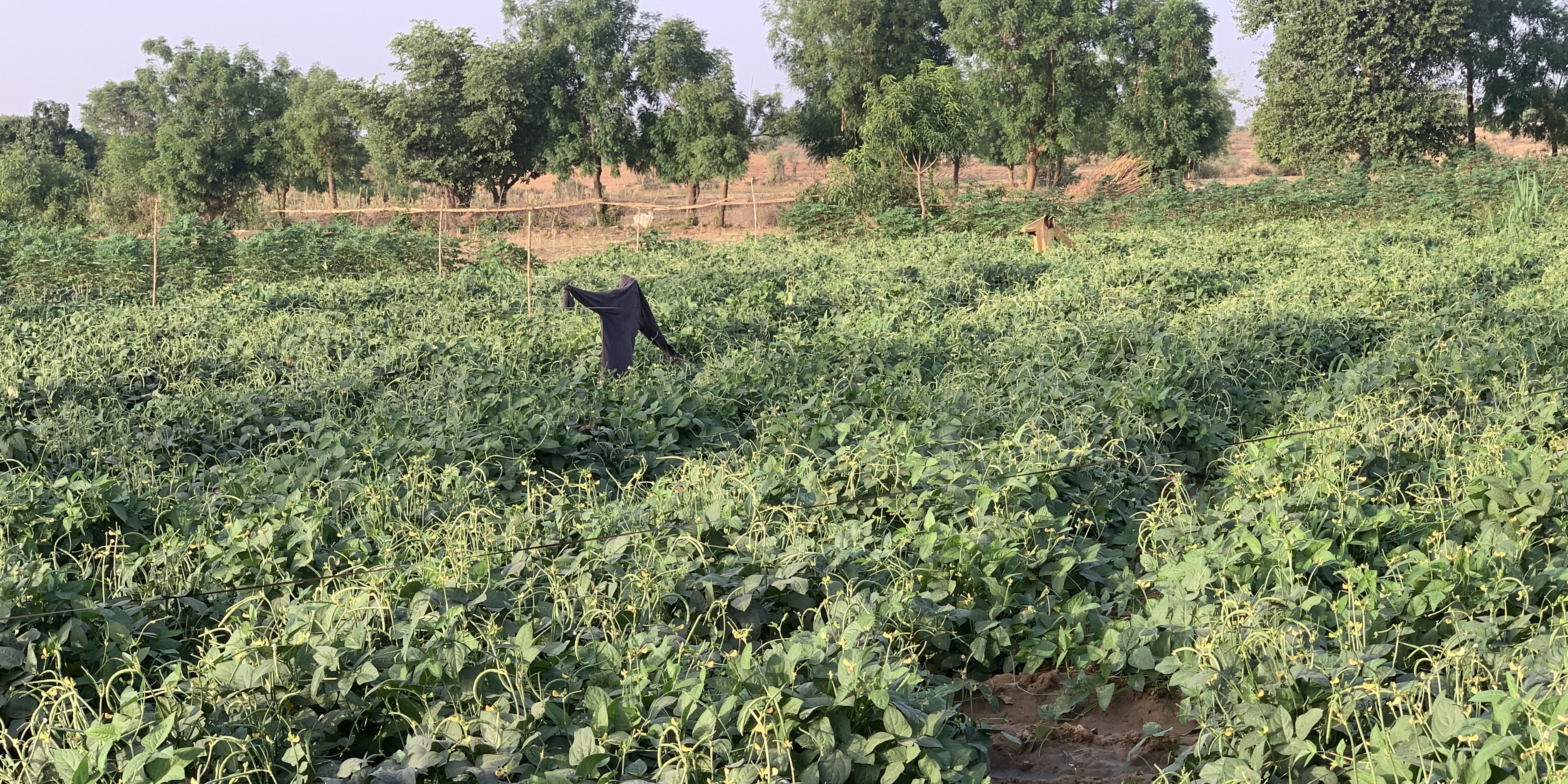
Network for Climate-Resilient Agroforestry and Regenerative Landscapes
Key York Contact(s)
Professor Lindsay Stringer, Department of Environment and Geography
Principal and Co-Investigators
Dr Tim Pagella, School of Natural Sciences, University of Bangor
Dr Eefke Mollee, University of Bangor
Mr Abba Waziri, University of York
